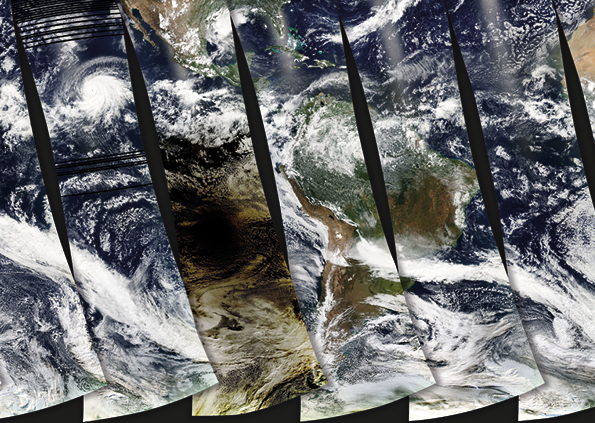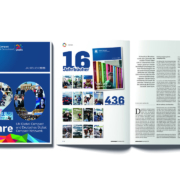Planet under Pressure
The 2020s are the make-or-break decade for Sustainability. But Covid-19 questions almost everything. How can we handle increasingly frequent shocks? What can a resilient society and economy that is in line with planetary boundaries look like? These and many other questions are discussed in the new 2020 edition of the Global Goals Yearbook titled „Planet under Pressure“. The Yearbook supports the UN Sustainable Development Goals and is one of the publications in strong international demand.
The Covid-19 pandemic is keeping the world in suspense in 2020 and beyond. By declaring a “lockdown,” countries around the world have temporarily frozen their social, economic, and cultural lives in order to slow the spread of the virus. When such unexpected events occur, experts speak of “asymmetric shocks.” If such crisis-like external influences are to a certain extent unavoidable, then the logical question is: What about our ability to adapt to such shocks? The ideas of vulnerability and resilience have recently gained a high level of prominence in the current economic and political debates. Specifically “resilience” has become a standard term in the OECD, the EU, and the G20 conference formats.
Purely in terms of the number of mentions, the concept of “resilience” is in the process of supplanting that of “sustainability” due to the frequency with which it is being used in (economic) political discourse. The term also runs the risk of becoming a filler word to give new emphasis to old demands.
Living with the crisis: “The new normal“?
However, the pandemic is not the only crisis in recent times: The last decade has been characterized by a whole series of severe shocks. The intervals between them appear to be getting shorter and shorter: the financial crisis in 2008/2009, the refugee crisis in 2015, Brexit (and, as a result, an EU integration crisis), unbelievable losses of biodiversity, increases in extreme weather events due to climate change, to name but a few.
And it will not be the last crisis: In the aftermath of the lockdown, there are already signs of an impending global food crisis that is due to destroy supply chains, and a debt crisis – right up to national bankruptcy – due to the economic consequences of the pandemic.
How does resilience work in practice?
The answers to these developments will be crucial in determining the strategies for the post–Covid-19 world. From a transformation point of view, the moment when there is less stability is the moment when there is a potential for much deeper and stronger change. Everybody feels that the future is much more open than it used to be. How that moment of instability is used depends on who is putting forward what kind of ideas, who has influence, and who gets more to say and to decide. A very vivid panel discussion with Emily Auckland (UKSSD), Julian Hill-Landolt (WBCSD), Maja Goepel (Scientists for Future), and Pietro Bertazzi (CDP) clearly shows the connection between sustainability, crisis, reconstruction, and pitfalls.
An exclusive interview with EU Commissioner Paolo Gentiloni, who is responsible for economic affairs as well as the SDGs, highlights the link between society, economy, and the environment. We talk about state opportunities, global interdependencies, and the dilemma of sustainability as a community and generational task.
This brings us to the important point that crises not only change systems, but also the people in the system. If acceleration is the problem, then the solution, argues the well-known sociologist Hartmut Rosa, lies in “resonance.” The quality of a human life cannot be measured simply in terms of resources, options, and moments of happiness, Rosa explains in an interview in this Yearbook. Instead, we must consider our resonance with the world.
The other aspect is health: As habitat and biodiversity losses increase globally, the novel coronavirus outbreak may be just the beginning of mass pandemics, says John Vidal. In his article, he warns that we are creating conditions for diseases such as Covid-19 to emerge.
Global Goals Yearbook 2020: Planet under Pressure
Publisher: Elmer Lenzen
Publishing house: macondo publishing, Muenster 2020: 164 pages
ISBN-13: 978-3-946284-09-3
Shop: https://www.macondo.de/produkt/planet-under-pressure/
E-Book: https://www.yumpu.com/en/document/view/64045005/ggyb-2020-gesamt-2020-09-01-e-book




